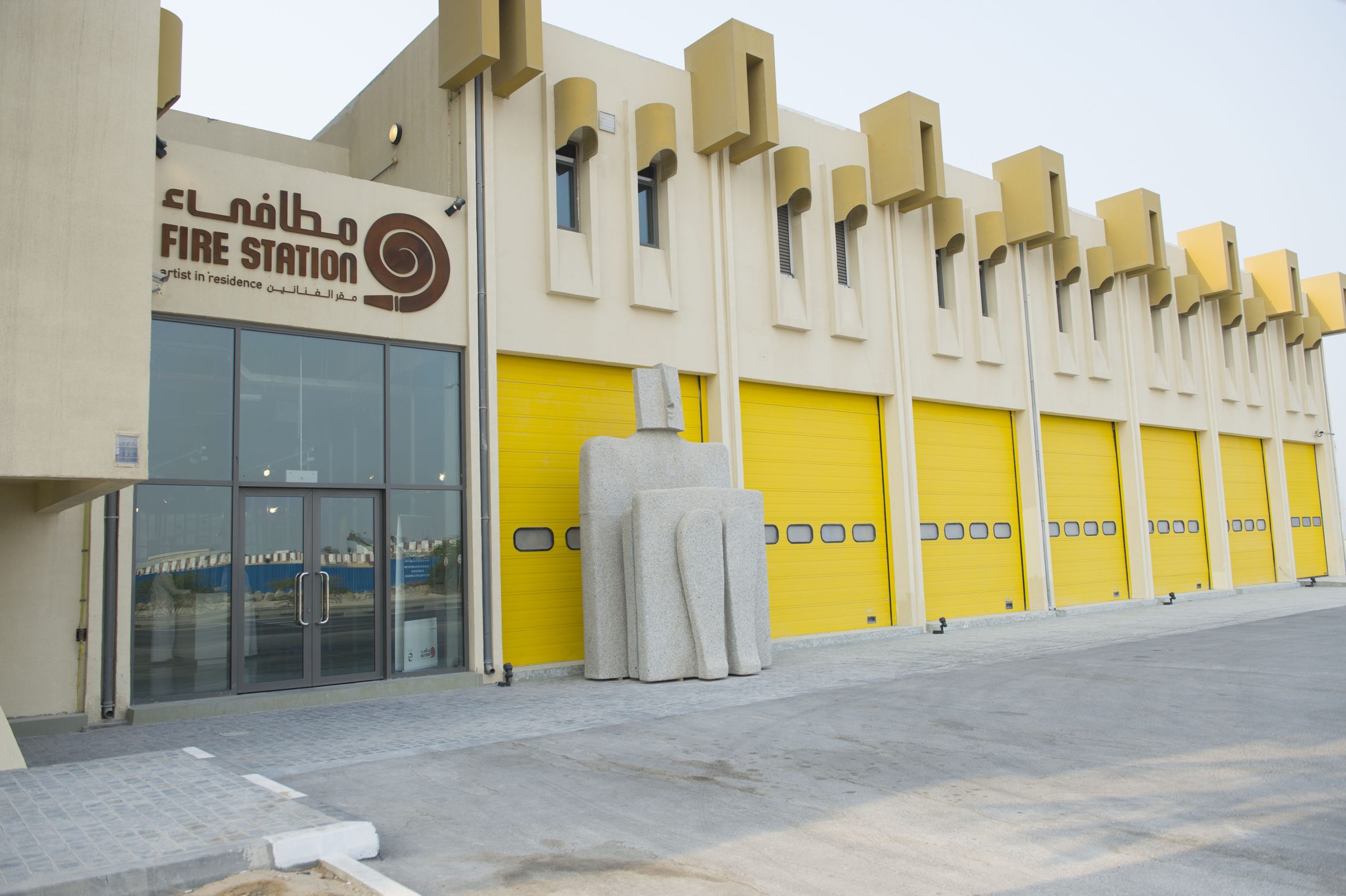
More than 15 percent of Qatari households earn QR20,000 a month or less, according to a new study of “relative poverty” by experts at Qatar University.
The research, conducted by the university’s Social and Economic Survey Research Institute (SESRI), examined some of the pressures that can lead to indebtedness among citizens, despite the country’s external image as one of the richest states in the world.
Though differences between the wages of the “average” Qatari and expats have been reported on many times, the QU study focuses in detail on the perceived wealth within the Qatari community itself.
Speaking to Doha News, SESRI’s Marie Dieres-Monplaisir explained:
“Our study looks at what it means to live with less than QR20,000 for a Qatari family. What does it mean for them to have to keep up with a certain level of consumption?”
Researchers also looked at how falling global energy prices have had a knock-on effect in terms of salaries, benefits and job security for nationals. However, the full report’s findings will not be released until it is published later this year.
Income levels
Using existing data from previous SESRI household and other surveys and by conducting informal interviews with citizens, the team found that the median salary for Qatari households is a pretty comfortable QR45,000 a month.

However, researchers also found that more than one in seven Qatari families (15.5 percent) has an income of less than half that.
Bringing in some QR666 (or $182) a day, none of these families were facing absolute poverty – defined as lacking life essentials such as basic food, sanitation or healthcare and living on less than $1.90 a day, according to World Bank figures.
Still, the families are earning less than a quarter of the average Qatari household income, which was more than QR88,000 a month (including free housing, electricity and water), Qatar government figures published in 2014 showed.
Consumer pressure
Meanwhile, QU researchers said that social pressures to “keep up” with peers, in terms of buying what is perceived to be the appropriate car, handbag or watch, is saddling many nationals of all incomes with significant debt.

And expectations on young people to have elaborate and expensive wedding ceremonies are adding to the economic pressure, particularly on Qataris in their 20s and 30s, with more than half of Qatari nationals saying they feel it would be economically difficult to get married.
Dieres-Monplaisir said:
“There is no absolute poverty among citizens in Qatar, but there is relative poverty. Many foreigners looking at Qataris think that everyone is rich. But for some, it’s just an appearance of wealth that they are trying to keep up with, with all the sacrifices that entails.”
This social expectation is not just being seen to have the “right” watch or the handbag but also the “right” furniture or chocolates to offer guests, and to attend parties and give expensive gifts.
“There is a reality that’s quite different from the image of Qataris as a happy few, a minority that’s uniformly wealthy. On one side are those Qataris who do indeed have a lot, but there are also all those who struggle to keep pace with that ‘Qatari way of living.’ This leads to some of the behaviors we evoked such as indebtedness and over-indebtedness,” Dieres-Monplaisir said.
Debt
The idea of living beyond one’s means to “keep up with the Joneses” is a universal issue. However, previous studies have showed it is a particularly pronounced one in Gulf countries.
The 2011 National Development Strategy found that three out of every four Qatari households are in debt, owing an average of QR250,000.
Meanwhile, a 2014 GCC Consumer Health Check Report by Samba Financial Group stated that the average household debt (excluding mortgages) in Qatar had increased more than three-fold, from QR145,628 ($40,000) in 2004 to nearly QR520,620 ($143,000) by 2013.

This level of public borrowing spiked following an increase in public sector salaries in 2011, the report stated.
Concerned about the trend, Muslim clerics last year urged residents to live more frugally, cutting back on expensive holidays and weddings to avoid racking up debt.
Meanwhile, the penalties for defaulting on loans in Qatar remain tough.
The punishment for just one bounced check ranges from a jail term of three months to three years, and/or a fine of around QR3,000 ($824) – cases that take up a considerable amount of court time in Qatar.
Throughout the year, and notably during Ramadan, charities in Qatar organize fundraising efforts to pay off the debts of nationals to help release them from prison.
Last summer, the Sheikh Thani Bin Abdullah Foundation for Humanitarian Services (RAF) charity said that it had raised around QR30 million in donations since 2011, which it used to settle the debts of 120 Qataris, including 70 who were either in prison or were facing possible jail time.
Thoughts?
Note: This article was edited to reflect that the QU study does not set the level of relative poverty in Qatar at QR20,000/month per household. This income band is one of several being examined in the research.







